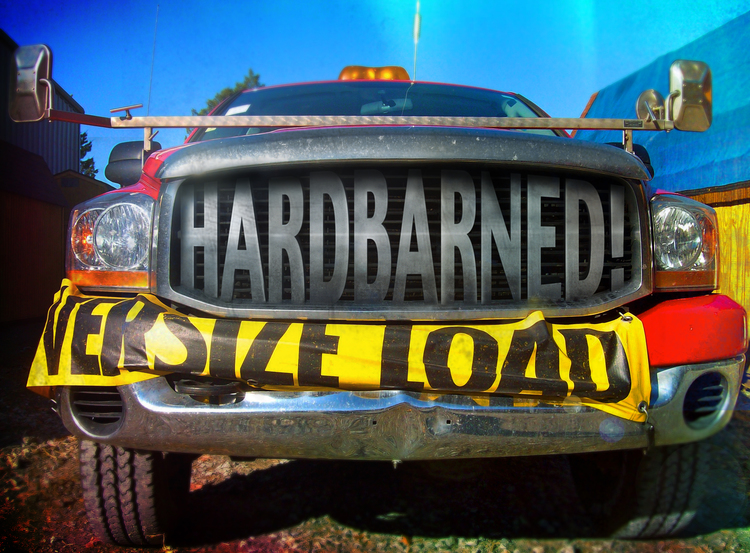Last night I watched Stacy Peralta’s 2012 documentary, Bones Brigade: An Autobiography. I had seen (and enjoyed) Peralta’s previous skateboarding documentary, Dogtown and Z Boys, but I never got around to its fictionalized version, Catherine Hardwicke’s The Lords of Dogtown, assuming that it couldn’t beat the real thing.
Brigade picks up close to where Z Boys left off, following the next wave of skateboarding from an emulation of surfing on pavement to a multifaceted sport involving vertical ramps, freestyle and street skating. A native Los Angelino, Peralta also directed an engrossing doc about LA gang history, Crips and Bloods: Made in America. I’ve yet to see his surfing film, Riding Giants, but after viewing his other three documentaries, I’ll be moving that one closer to the top of my queue.
A former pro skater, Peralta looks back with nostalgia on his days as the co-founder (with George Powell) and team manager of Powell-Peralta skateboards and the Bones Brigade, as he puts it, "a kid coaching kids," but by all accounts in his film, he seems to have been a sort of father figure who did an excellent job.
From the late 70s to the early 90s, Peralta’s hand-picked dream team of specialty skaters (Tony Hawk, Steve Caballero, Lance Mountain, Mike McGill, Tommy Guerrero and Rodney Mullen, among others) would impact the evolution of the sport forever. Watching them all reflect openly on growing up in the spotlight of an emerging cultural phenomenon, now as influential, 40-something fathers, husbands and sometimes millionaires is immensely satisfying.
Anyone who (like me) tacked photos of these dudes frozen in the sky with their boards in various soaring poses to bedroom walls as a teenager will indeed get stoked, and (check out the credit roll) they're still skating! The actual birth of the Ollie, the McTwist and other foundational tricks is revealed via multiple perspectives.
Essentially a personal history of the brand and its brightest stars, the film curates a smoothly edited mixture of classic video footage, still photographs, magazine covers and ads, with narration, an era-appropriate punk rock soundtrack and intimate, individual interviews with the major players, all of whom reveal the highs and lows of their years with the Bones Brigade.
Yes, the film is autobiographical, and it paints a positive picture, glossing over conflicts that could perhaps be fleshed out more, but that's not the point. It’s clear that everyone involved has a lasting affection for their early careers as perhaps the most influential skaters in the history of the sport, but it’s not all about the glory, either.
Tony Hawk and Lance Mountain reveal acute personal struggles along the way, and a few random dudes stop by momentarily to offer a brief comment…Ben Harper? Fred Durst?? Rival skater and original Z-boy Tony Alva talks about how the Brigade's squeaky-clean, “boy scout” image didn’t go over well with him or with many of the grubbier skaters who liked to party heartier, how his band of dreadlocked gutter punks used to actually spit on Tony Hawk because he won competitions too often, and how Alva wanted to literally “just put some dirt on him.”
Alva isn’t the only one who seems to remain a little bitter over Hawk’s success. Duane Peters, mumbling about his shitty jobs and how he was skating for beer money, can’t seem to find much of anything complimentary to say about his longtime rivals, either.
Out of nowhere Rodney Mullen steals the emotional core of the film, sharing thoughtful reflections on his challenging relationship with a father who repeatedly banned him from the sport despite his absolute domination of what was then known as “freestyle” skating, which focused mainly on flatland tricks, of which Mullen was the undisputed champion and chief innovator.
Rodney appears to have made it through more than a few rounds of therapy over the years, and his sincere, genuine and heartfelt analysis of the importance of the sport in his life and the creative freedom it engenders in him as an artist both compels and endears him to to audience. If you’re at all interested in the history of skateboarding, make like The Champions of Legend, get freakin' stoked and see this film.

